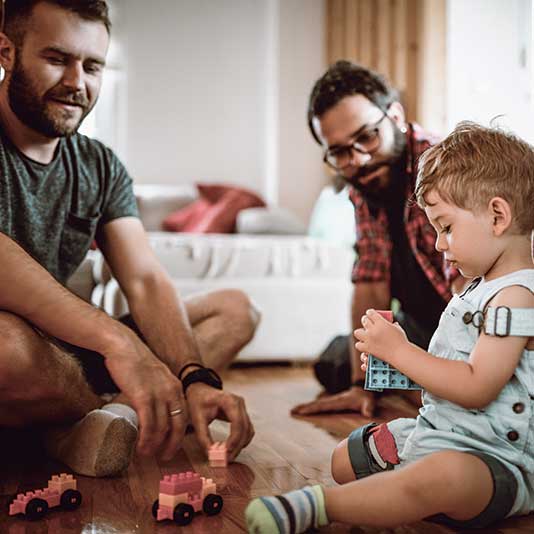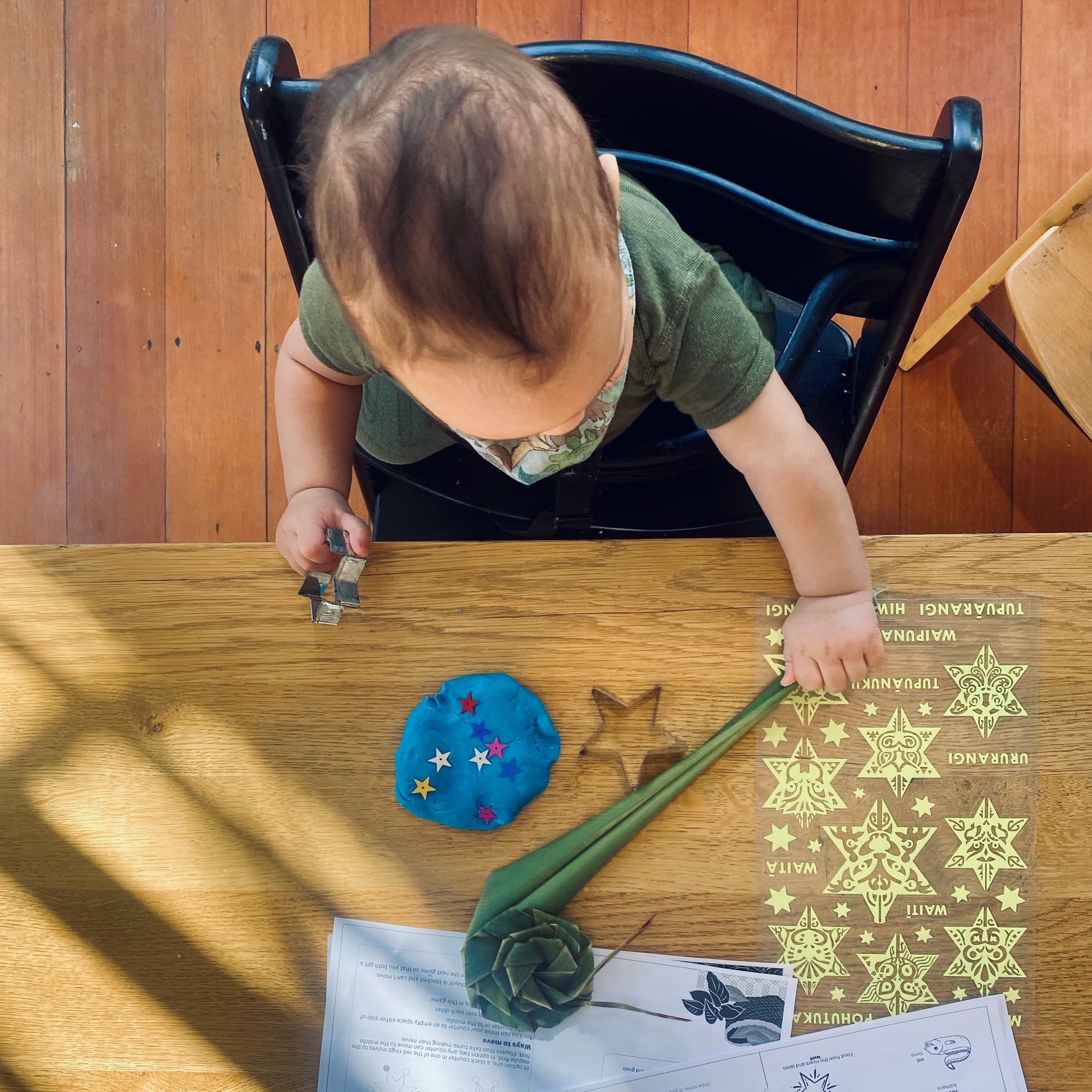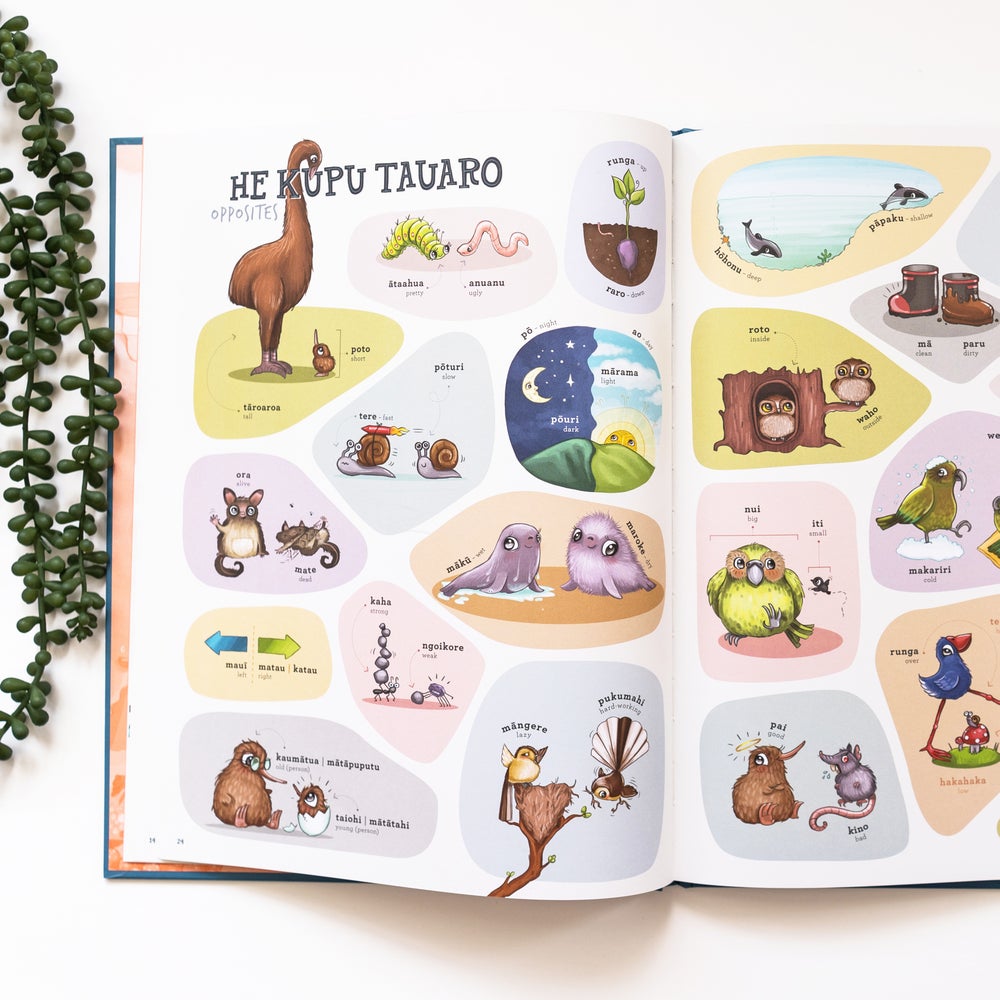Newborn Baby Development: Milestones and Play Ideas
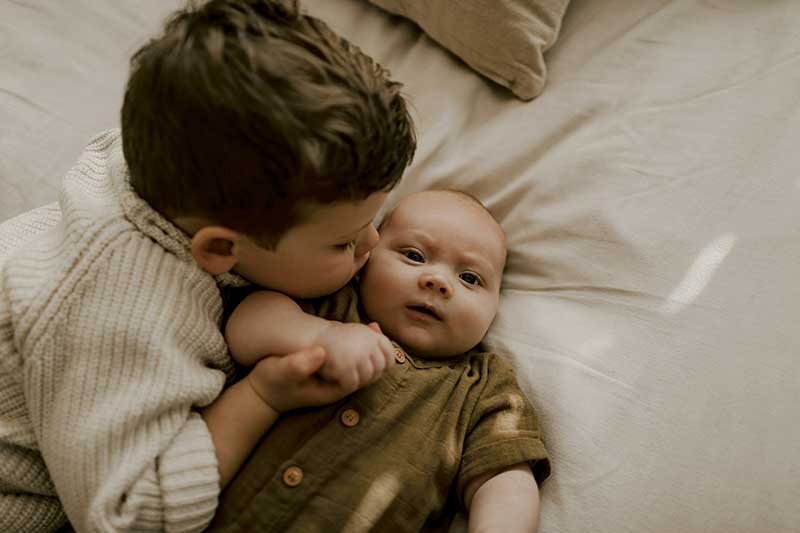
PHOTOGRAPHY Kirsty Stone @thesearethegoldendays
A general guide for what most babies learn to do by six weeks in terms of social, communication and physical skills and how you can best support their development.
Most newborns are born with the same senses we have as adults – hearing, touch, taste and smell – but their vision takes a few months to fully develop.
MILESTONES
By six weeks, most well, full term babies will:
- Recognise their parent/s voice and turn towards it.
- Startle when they hear a loud noise.
- Enjoy looking at faces most.
- Take an interest in looking at toys and books with contrasting colours, faces, or patterns.
- Grab your finger when you place it in their hand, due to the grasping reflex.
- Make eye contact with you and move their head to look for your face.
- Follow an object.
- Turn their face towards the breast and make sucking motions when their mouth touches your skin or nipple, due to the rooting reflex.
Each year in Aotearoa, 170 babies are born with significant hearing loss. All babies are eligible for the free newborn hearing test.
SUPPORTING YOUR PĒPI
In the first six weeks, you can help your baby’s learning and development by:
- Making eye contact with them as often as possible.
- Bringing your face close to theirs when you’re engaging with them.
- Narrating what you do as you go through your day. For example, if you’re going out for a walk, talk your baby through what you’re doing: “I’m going to put you in the pram now so we can go for a walk outside to enjoy the sunshine.”
- Reading books to your baby or telling them stories.
- Singing to your baby.
- Responding to your baby’s cues for hunger, comfort and sleep.
- Comforting your baby when they cry. See Why Is My Baby Crying for more information on why babies cry and how to help.
- Letting your baby have tummy time, even just for a short while. This helps them strengthen their back and neck muscles to hold their head up.
- Giving your baby a massage.
If your baby was born premature, between 32-36 weeks’ gestation, you may be advised to go off your baby’s corrected age (based on their estimated due date) for assessing their development and growth, until they are one year old. Those born before 32 weeks should use their corrected age until they are two years old.
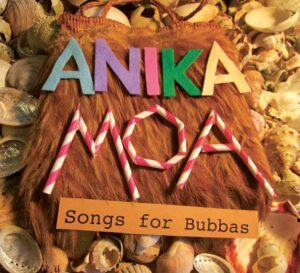
Listen: Songs for Bubbas by Anika Moa.
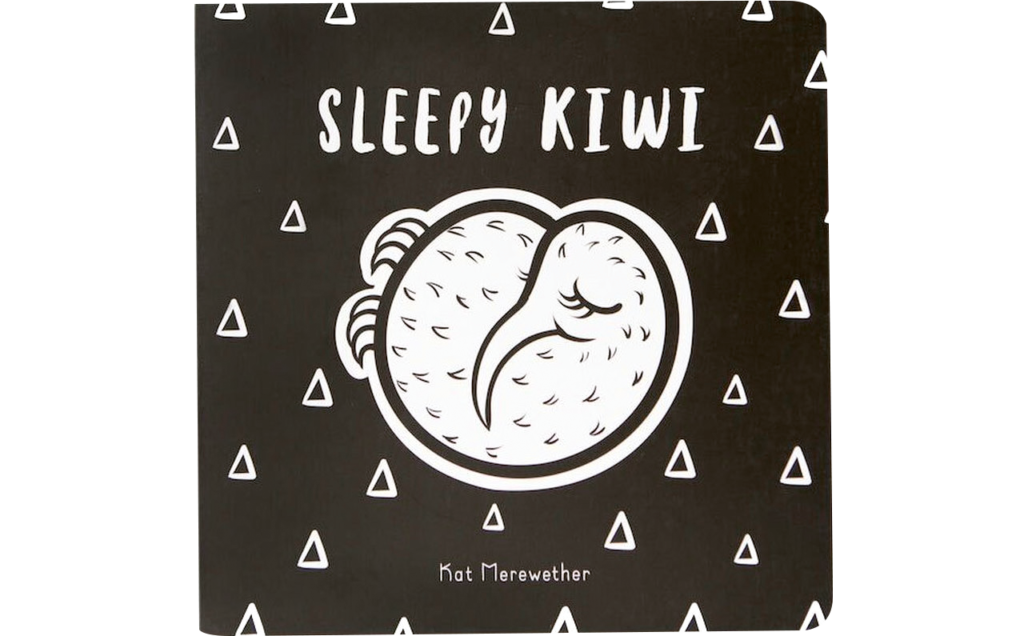
Read: Sleepy Kiwi by Kat Merewether, $20.
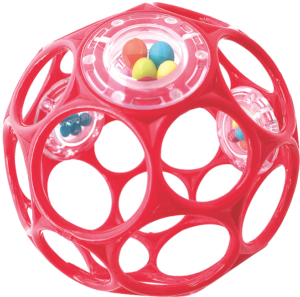
Play: Oball Rattle, $20, from Farmers.
THINGS TO REMEMBER
There is a wide range of what’s ‘normal’. Every child is different and they all reach milestones at various speeds and ages.
Try not to compare your pēpi to others. It can often cause you more stress and worry than good.
